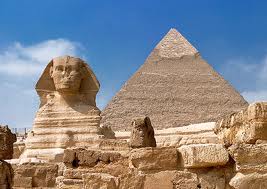
In 2009 I was meant to visit Alexandria on a Mediterranean cruise. I had actually selected the trip because I wanted to go back to Istanbul really bad; Alexandria had just been a bonus.
Unfortunately (or actually fortunately, come to think of it), plans to shoot my film RAUL in Finland made the Mediterranean cruise impossible, and that is how I came to remain Egypt-less till this day.
Egypt always represented something special for me. Its mere mention evoked the fantastic stories and poems by Jorge Luis Borges about the library of Alexandria, read during my adolescence in complete awe of the writer´s talent, but also of the fabulous legacy and endless art and knowledge accumulated by the Egyptian civilization over milleniums.

A couple of days ago, when I saw images of an Egyptian museum after it had been ramsacked during protests, I felt a sense of terrible loss. What was happening in the world that we could lose all those treasures just like that. Art and objects preserved during thousands of years in those unreal underground graves disappearing just like that, from one moment to the next, gone forever.
Even for a person like me, who doesn´t have a radio or a TV (other than the one I keep inside a cupboard, far, far away), it was impossible to ignore the situation with the current Egyptian conflicts.
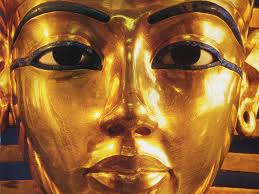
As my personal Santa had given my beloved niece Delfina (6), who had just learnt to read, a book on Egypt, and I had had to give her a sort of lesson on everything I knew about it; the fascination with the history of Egypt was very much alive in my heart, and this increased my distress on learning about what was going on in the geographical site of one of the greatest civilizations in the history of our planet.
I heard that the West had always been mislead in believing that Egypt was a very modern country, that the ruling dictator had been responsible for countless human rights violations, that the police did whatever they wanted with sheer impunity, and that people trusted the army much more.
This latter distinction between perceptions of the army and the police was later confirmed when I read about the army refusing to fire on peaceful protesters, and Amen or long live Allah for that!
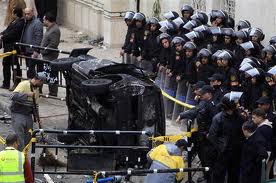
So, what´s the deal with Egypt?
Demonstrations broke out in Egypt right after a similar uprise ended with the stepping down of Ben Ali, the former Tunisian president.
Hosni Mubarak has been in power for 30 years, and the Egyptian people seem to be ready for a change.
Back in April 2010, Amnesty international was already calling attention to Mubarak´s regime´s repression of peaceful protests, which included several arrests among other human rights violations, such as preventing people to travel in order to join the demonstrations.
In a country where a blogger goes to prison for four years after criticizing the president, it is no secret that freedom of expression has been a standing concern. In May 2010 again, Amnesty was denouncing Egypt´s use of defamation laws to persecute and imprison dissenters.
In February 2009 another student blogger was held at an unknown location, kicked, beaten and forced to witness the electrocution of other prisoners. As it seems, these are common practices in the land of the all-powerful Mubarak.
The opposition, which includes the Muslim Brotherhood and a winner of the Nobel Prize for Peace, is hoping to negotiate a transition for Mubarak to leave power. On the other hand, Wikileaks cables confirm that Mubarak´s son was actually paving the way for a succession, much in the manner of a monarchy.
While some Israelis fear that (truly) democratic elections might bring Muslim fundamentalists to power in Egypt, thus changing the whole political landscape of the Middle East, a prominent Californian rabbi released a statement, manifesting support from the international Jewish community for the Egyptian people who are fighting for their freedom.
Mirage in the desert
Egypt is such a popular tourist attraction, and there are so many countries in the Middle East with active conflicts, that the West was not paying much attention to what was going on in the land of the pharaohs. After 30 years in power, Mubarak was sort of perceived as an evil of nature, something that was just there and had to be endured. The people of Egypt, it seems, tired of fighting for decades with little results, felt the same way, until the heard of what happened in Tunisia.
Of course, where there are uprisings there are political interests. Any changes in the political map of the region will inevitably affect oil prices, among other things. The Obama administration has been very careful and diplomatic in expressing its concern about the situation in Egypt, given the fact that Mubarak has been a long-time ally of the US in the Middle East.
It would seem that Bushes or Obamas, the maxim of “violate all the human rights you want, as long as you are on our side” still stands. Or, in the words of James Bloodworth:
“The Egyptian government, however, is a pillar of US policy in the region. Just as in the past the US supported the violent regime of Augusto Pinochet and other unsavoury dictatorships as ‘bulwarks against communism’, so in recent years Mubarak’s Egypt has been feted as a ‘cornerstone of stability and security in the Middle East’ by those who see democracy only in terms of how beneficial democratic majorities are to Western interests.”
The future
As tourists are struggling to leave the country, defying curfews and barricades, those pleasant cruises down the Nile have become a thing of the past, one knows not for how long.
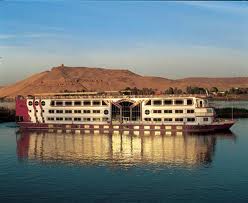
It seems unlikely that Mubarak will succeed in resuming Egypt´s “emergency state” (which has been going on since 1967!) after the current events, unless, of course, some Western friends should give him a huge helping hand. I sincerely hope that we are not living in a world where that should be possible.
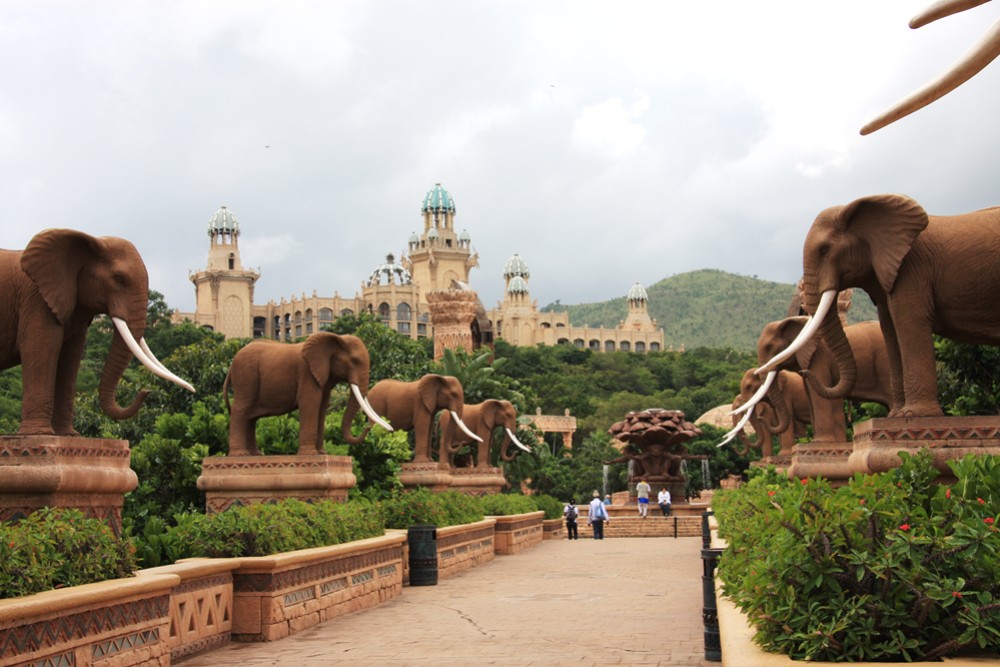
One thought on “An Egyptian mirage: Mayhem in the land of the pharaohs”